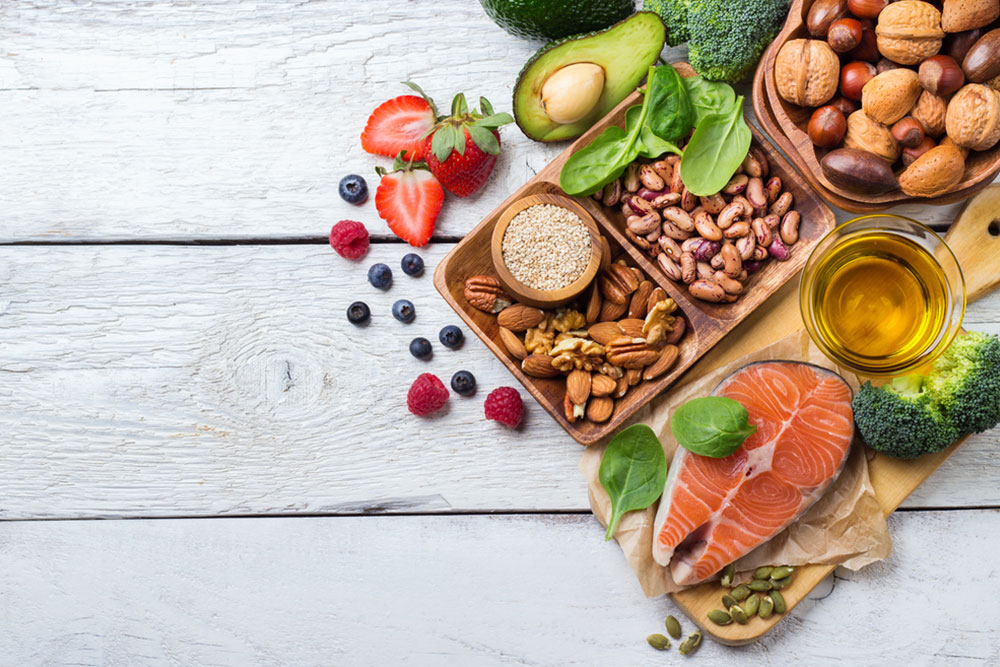Nutrition Tips for Supporting Prostate Cancer Management
This article offers essential dietary advice for prostate cancer patients and those aiming to lower their risk. It highlights beneficial foods like tomatoes, vegetables, and omega-3 rich fish, while advising limiting red meats, processed foods, and high-fat dairy. Consulting healthcare providers before altering diet is recommended. Supporting prostate health through nutrition can help in prevention and during treatment, leading to healthier outcomes.

Maintaining proper nutrition is essential during prostate cancer treatment. Choosing the right foods helps ensure your body gets vital nutrients and energy, which are crucial during recovery and managing treatment side effects such as radiation and chemotherapy.
Foods That Promote Prostate Health
Incorporating certain foods into your diet may aid in prevention and support the treatment process:
Tomatoes are rich in lycopene, a potent antioxidant linked to reduced risks of prostate, stomach, and lung cancers. Consuming tomatoes in their natural form enhances their benefits.
A diverse range of vegetables and fruits offers protective properties. Fruits like papaya, guava, and watermelon are high in lycopene, while apples, plums, and apricots contain pectin, which may help lower cancer cell growth.
Cruciferous vegetables such as broccoli and cauliflower are high in fiber and can inhibit cancer cell proliferation. Diets rich in vegetables correlate with lower prostate cancer rates, especially noticeable in Asian populations.
In addition, green tea and soy-based foods are being studied for potential protective effects. Other legumes and pulses can also contribute beneficial compounds. Consuming omega-3 fatty acids found in fish like salmon and mackerel may further reduce risk.
Pomegranate shows promise for prostate health, but further research is needed. Men should discuss with healthcare providers before adding pomegranate to their diet, especially if on medication, due to possible interactions.
Foods to Limit or Avoid
High intake of red meat and beef has been associated with increased risk of prostate cancer. Grilling or well-done meats may pose additional concerns. Prefer lean meats, legumes, and beans for protein sources instead.
Full-fat dairy products might promote disease progression; opting for low-fat options is advisable.
Limit excessive calcium and zinc supplements, as they may stimulate cancer growth.
Processed, salted, pickled, and preserved foods can adversely affect health and should be minimized.
Use caution with flaxseed oil, which could potentially encourage prostate cancer growth.
Reducing saturated fats is beneficial. Replace animal fats with healthier oils like olive oil and avocado, rich in antioxidants and vitamin E, to support prostate health.
Note: This guide aims to promote healthier dietary choices for prostate health. Always consult your healthcare provider before making significant changes to your diet, particularly when managing cancer or ongoing treatments. This content is informational and should not replace professional medical advice.


